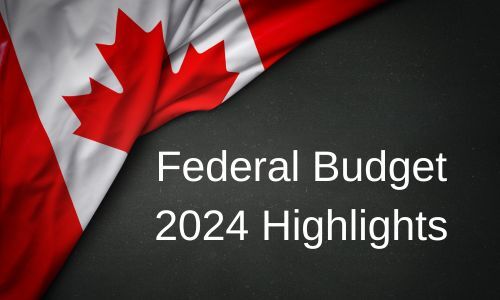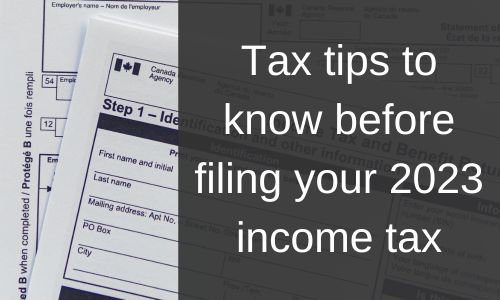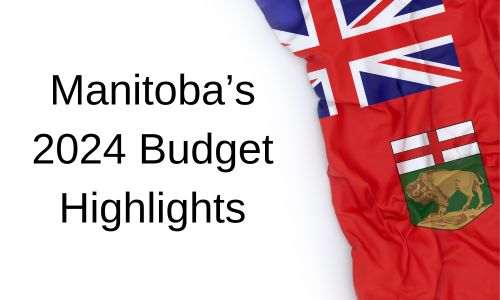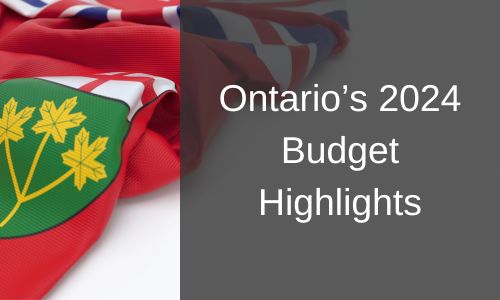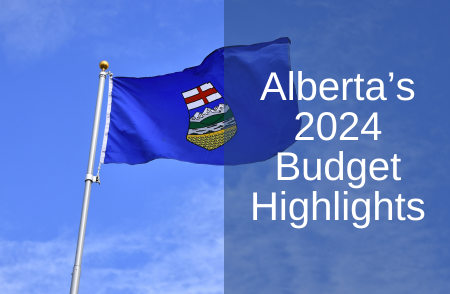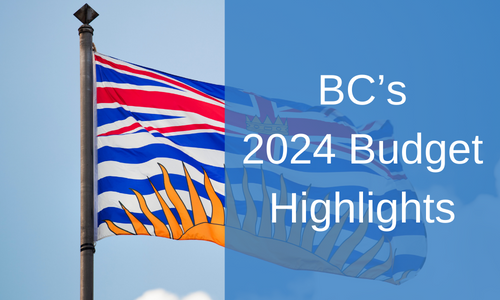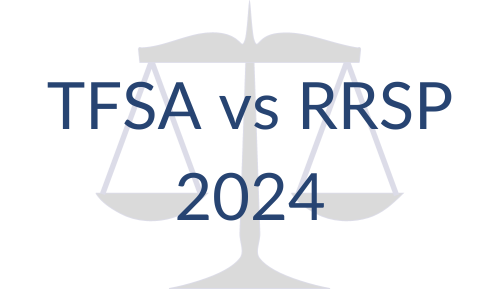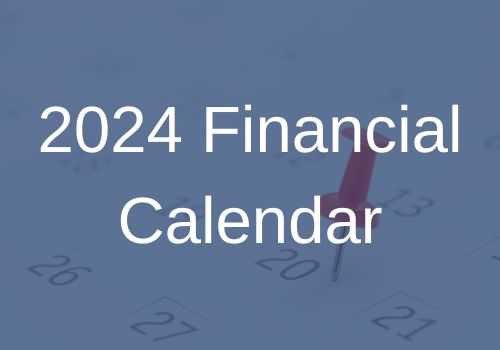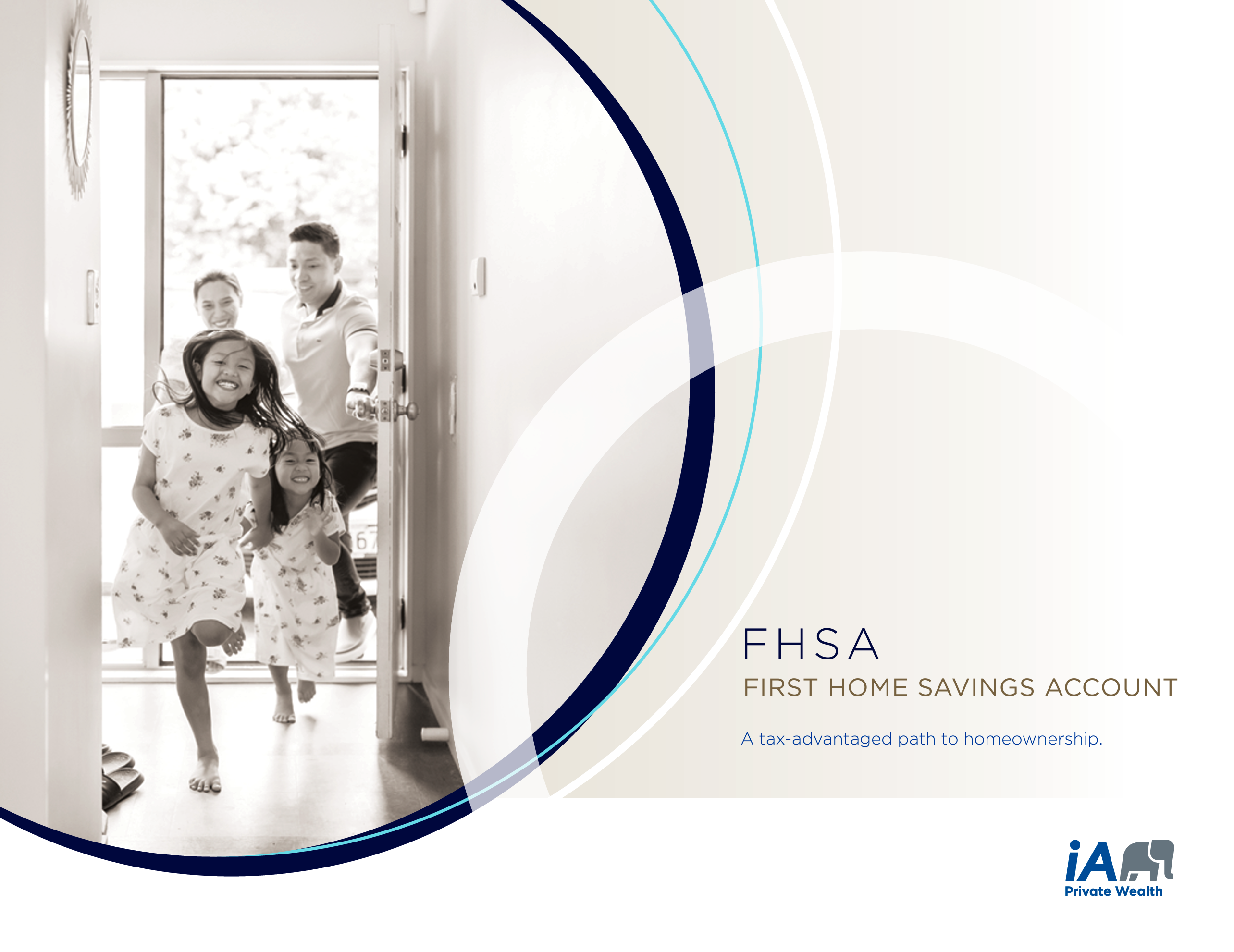On April 16, 2024, Canada's Deputy Prime Minister and Finance Minister, Chrystia Freeland, presented the federal budget. While there are no changes to federal personal or corporate tax rates, the budget introduces: • An increase in the portion of capital gains subject to tax, rising from 50% to 66.67%, starting June 25, 2024. However, individual gains up to $250,000 annually will retain the 50% rate. • The lifetime exemption limit for capital gains has been raised to $1.25 million. Additionally, a new one-third inclusion rate is set for up to $2 million in capital gains for entrepreneurs. • The budget confirms the alternative minimum tax changes planned for January 1, 2024 but lessens their impact on charitable contributions. • This year's budget emphasizes making housing more affordable. It provides incentives for building rental properties specifically designed for long-term tenants. • Introduces new support measures to aid people buying their first homes. • Costs for specific patents and tech equipment and software can now be written off immediately. • Canada carbon rebate for small business
![]()
![]()



